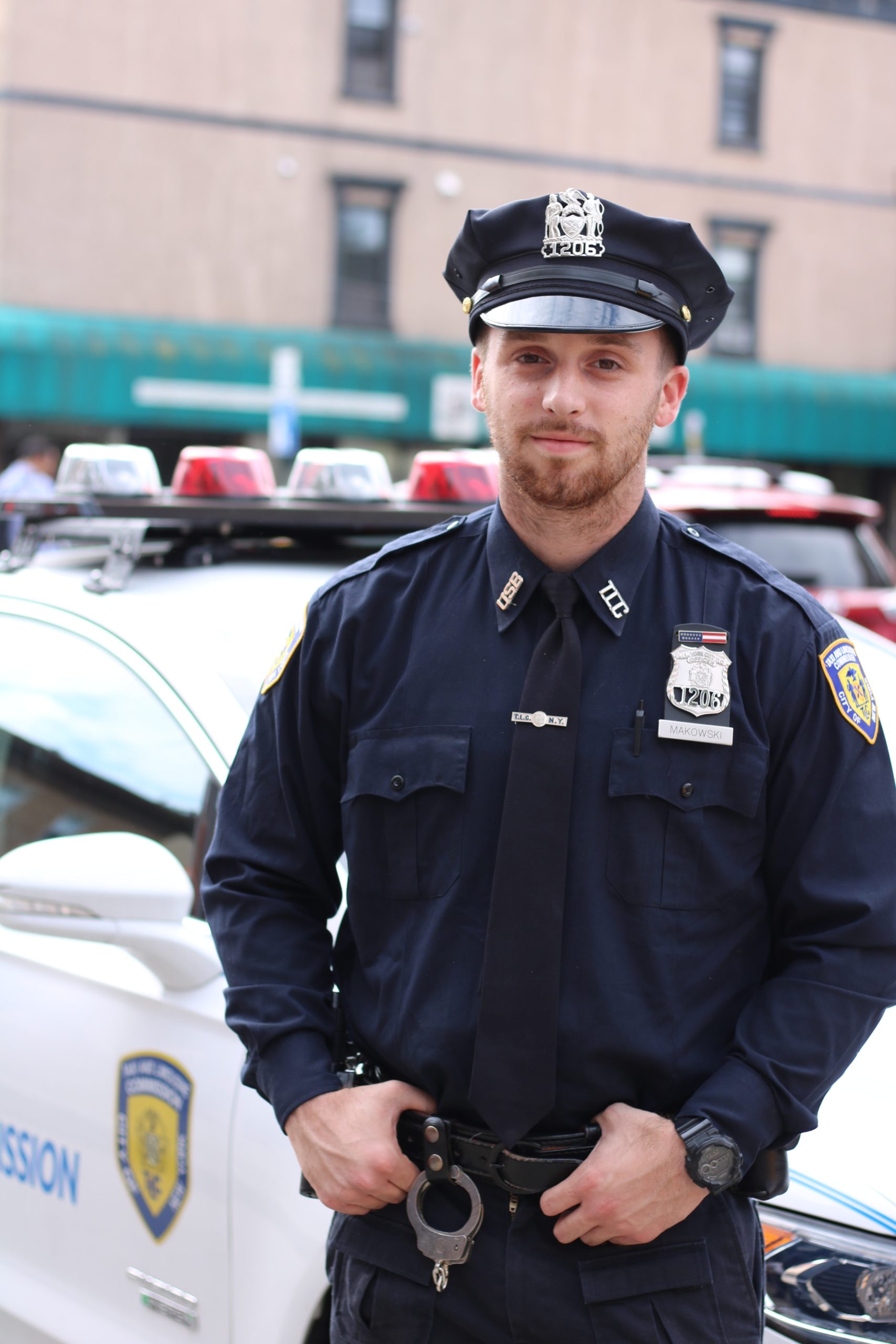In the state of Massachusetts, there are roughly 86,000 people on probation. This system is in place to allow probationers to be rehabilitated into productive and law-abiding members of society while keeping the rest of the population safe.
While the majority of probationers do manage to return to society with little issue, over 35% of them are reincarcerated for probation violations within three years of their release into the community.
To help reduce this number and help probationers rejoin society with no problems, the best criminal lawyers in Boston have created this guide to probation. Assimilating back into society can be complicated for any probationer, but with the right knowledge and a little know-how, it could be easier than you think.
What can constitute a probation violation?
There are a number of complex circumstances that can violate the terms of your probation, but the following are some of the most common violations:
- Failure to report to your probation officer as per the terms and requirements of your probation
- Failure to pay required fines and court fees as part of restitution
- Failure a drug or alcohol test if the terms prohibit using both
- Failure to fulfill community service requirements
- Failure to stay away from people that you have been court-mandated to stay away from, such as persons associated with previous crimes
- Being arrested or convicted of another crime while on probation
- Leaving or making plans to leave the state if your probation has mandated that you stay within state lines
- If your probation officer has determined that you’ve violated the terms of your probation.
If any such violation is committed, you can expect your probation officer to file a surrender notice to the court. This will require you to appear at an initial surrender hearing. In some cases, however, a warrant might be placed for your arrest. It may even be possible for your probation officer to have you placed in jail without bond until the surrender hearing.
What do I do if I receive a surrender notice?
It is absolutely in your best interest to address the surrender notice. You should consult with a good criminal lawyer in Boston to figure out what your options are from there.
You will face a judge where the probation officer will talk about the allegations against you — alleged violations of your parole, violations of the law, and so on. From there, the judge will determine whether there was probable cause that you committed these violations.
If the judge determines that probable cause exists to show that your probation terms have been violated, a final surrender hearing will be scheduled. Your probation officer will call witnesses and provide evidence to prove the allegations. You will have the opportunity to mount a defense with your criminal lawyer and cross-examine any witnesses.
Just make sure to listen and take the advice of your lawyer. They may sometimes make difficult recommendations in your best interest, such as asking you to stipulate your allegations.
What happens if the judge determines that I violated my probation?
At best, you will continue your probation with stricter rules, additional fines, and an extension of your probation. At worst, you may be returned to prison to serve out your sentence and even have your sentence enhanced.
Final thoughts
Navigating your reentry into society might be complicated and long, but with discipline and a strong respect for the law, your life could be back to normal in no time. That being said, it is always good to have the best criminal lawyers in Boston ready to help you out of legal jams should they arise. After all, strong representation in court can make this process easier and shorter.
If you do need the best criminal lawyers in Boston, MA to help with your case, give us at The Fernandez Firm a call. We have what it takes to help you deal with these legal issues with less stress and stronger protection.



